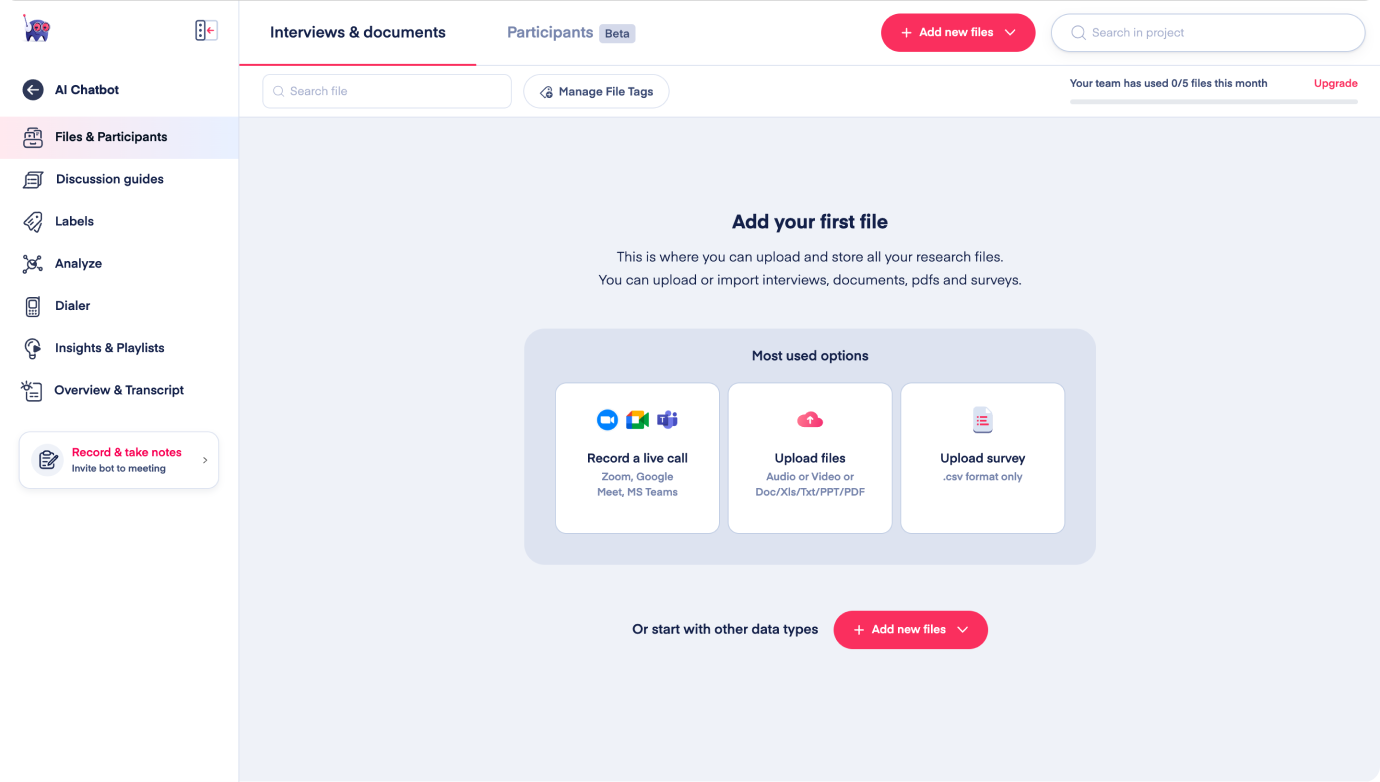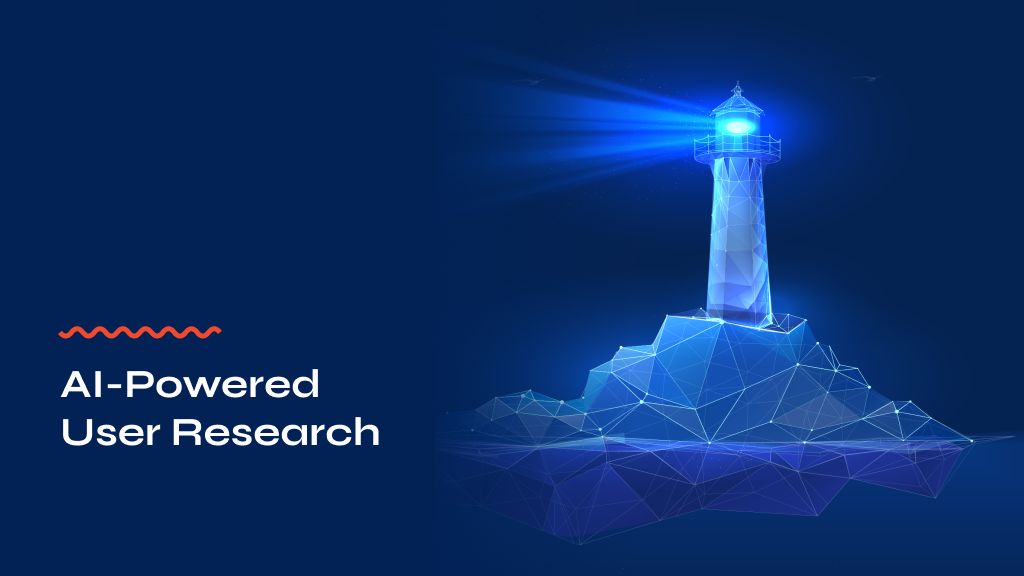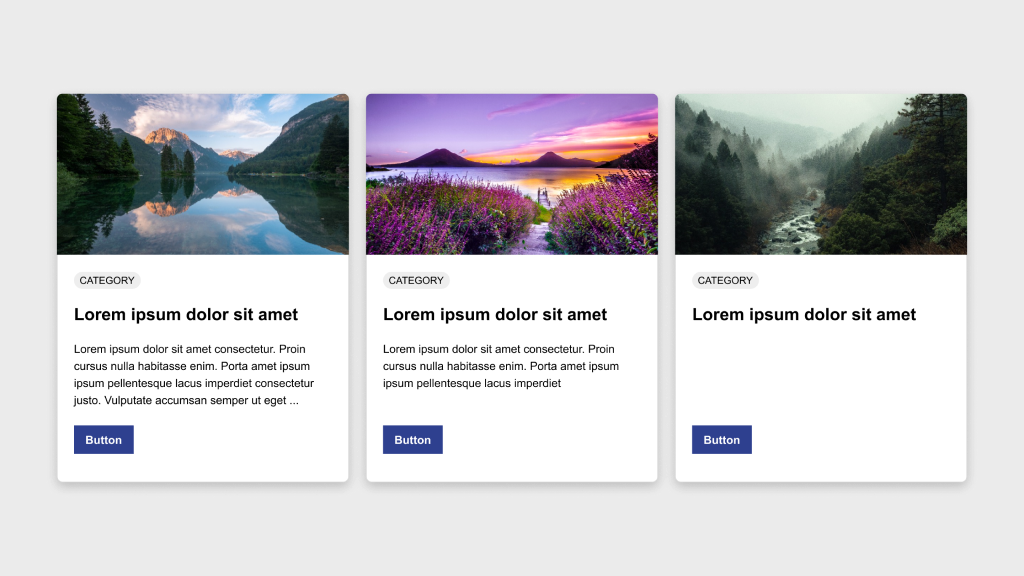Artificial Intelligence • July 19th, 2023
User research, the backbone of informed design, is undergoing a remarkable transformation with the rise of Artificial Intelligence (AI). In this article, we embark on a journey to witness the evolution of user research as AI takes the driver’s seat. We’ll explore how AI is revolutionizing data collection, sentiment analysis, behavior tracking, and persona creation, ultimately reshaping the way designers understand and empathize with their users.
The Essence of User Research
User research is the bedrock upon which user-centric design is built. It involves understanding the behaviors, needs, and preferences of users to inform design decisions. Traditionally, user research has relied on surveys, interviews, and observations. While these methods are valuable, they can be time-consuming and subject to biases.
AI’s Disruptive Role in User Research
AI brings a new level of efficiency and depth to user research. By automating various aspects of the research process and harnessing the power of big data, AI has the potential to unlock insights that were previously inaccessible.
Data Collection Reinvented
AI supercharges data collection by analyzing vast amounts of online and offline user-generated content. This includes social media posts, product reviews, customer support interactions, and more. AI’s advantages in data collection include scale, real-time insights, and cross-channel analysis.

The AI-powered app Marvin can record and analyze research data in seconds.
Sentiment Analysis at Scale
Sentiment analysis, the process of determining user emotions and attitudes from text data, is a cornerstone of user research. AI-powered sentiment analysis can process vast amounts of text data to uncover patterns and trends. AI’s contributions to sentiment analysis include emotion recognition, contextual understanding, and customization.
Behavior Tracking with Precision
Understanding user behavior is crucial for effective design. AI-driven behavior tracking can provide insights into how users interact with digital products and services. AI’s contributions to behavior tracking include mapping user journeys, predictive analytics, and insights from A/B testing.
Persona Creation and Personalization
User personas are fictional representations of target users. AI can streamline persona creation by analyzing user data and generating personas based on real user behavior. AI-enhanced personas are data-driven, dynamic, and enable hyper-personalized user experiences.
Challenges and Ethical Considerations
While AI-powered user research offers immense promise, it’s not without challenges:
- Data Privacy: Collecting and analyzing user data for research must respect privacy regulations and user consent.
- Bias Mitigation: AI algorithms must be carefully trained and monitored to avoid perpetuating bias in research results.
- Transparency: Users should be aware of how their data is used for research, and transparency is essential in maintaining trust.
The Future of AI-Powered User Research
The future of user research lies in AI’s continued evolution:
- Multimodal Analysis: AI will analyze a combination of text, images, voice, and other data sources for more comprehensive insights.
- Emotion and Sentiment Enhancement: AI will better understand and interpret complex emotions, enabling deeper empathy.
- Real-Time Predictive Insights: AI will provide real-time insights and predictive analytics, allowing designers to make informed decisions on the fly.
Conclusion
AI is revolutionizing user research, making it more efficient, scalable, and insightful than ever before. By automating data collection, enhancing sentiment analysis, tracking user behavior, and streamlining persona creation, AI empowers designers to create more user-centric and personalized experiences. As AI continues to advance, the synergy between design and AI-driven user research will shape the future of user-centered design, ensuring products and services that truly resonate with users’ needs and desires.
If you enjoyed reading this article, please share it with a colleague or friend, and join me next week to learn about AI-Driven Ideation and Concept Generation.



